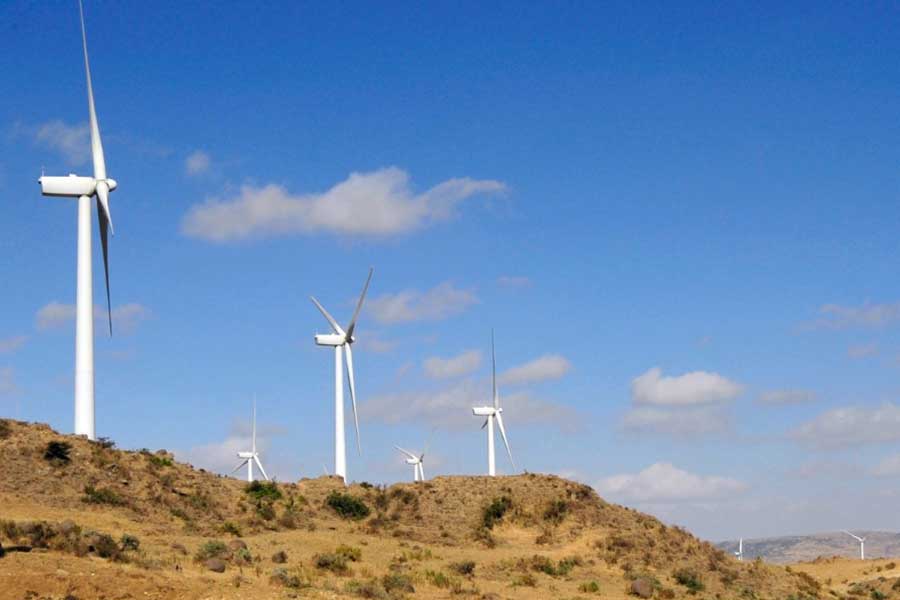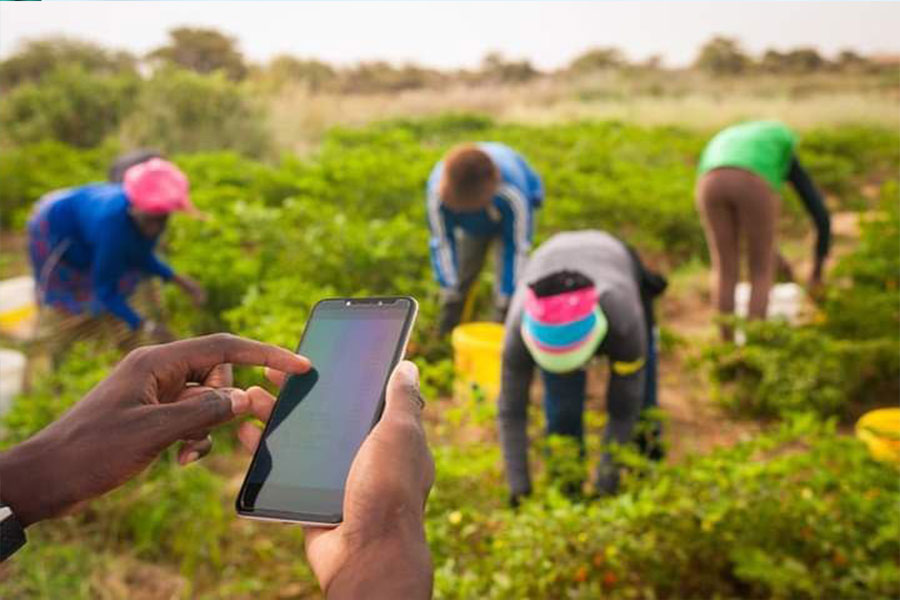
Fortune News | Jul 18,2020
The government has pushed the privatisation of sugar factories one step forward, kicking off the process of hiring a consultancy firm that will oversee the transaction. All told, the transaction adviser will supervise the privatisation operations of nine sugar estates.
The Public Enterprise Holding & Administration Agency, which handles the privatisation of state-owned companies, launched an expression of interest this week by inviting consultancy firms to apply. Welkayit, Tendaho, Kesem, Omo Kuraz I, II and III, Arjo-Dedesa, and Tana-Belese I and II are the sugar estates slated for privatisation.
The Agency stepped into the privatisation process after the Ministry of Finance completed pre-privatisation tasks that took two years. The Ministry conducted a technical assessment for all of the companies, drafted a sugar policy and proclamation, designed a marketing strategy for the companies, prepared a privatisation strategy and conducted valuation as well as environmental impact assessments.
IBS Consulting Group, a South African firm, recently completed conducting the environmental impact assessment with local experts also involved in the process. Booker Tate Limited, an English consultancy, has completed its work on the asset valuation of the companies.
"Before jumping into the privatisation process," said Brook Taye (PhD), a senior advisor at the Ministry of Finance, "we needed to complete all the studies and research."
Assuming the task from the Ministry, the Agency is taking the first step of the process by recruiting a consultant. Interested bidders, which can be a single consultancy, a consortium of firms, or joint venture companies, are expected to file their expressions of interest before December 11, 2020.
The bidders are expected to have at least two experiences in the past five years in developing, assessing and advising on privatisation activities either as an advisor or as an agent, and wide experience in the sugar sector, including legal, regulatory, operational, industry and technical experience, according to the announcement.
The winning firm, which will be selected with a quality and cost-based selection method, will prepare a plan and recommendations for a privatisation transaction, undertake the market research, and carry out detailed analysis of alternative transaction approaches to recommend the one best suited to each company or all companies. It will also engage with assisting the Agency in any activities after bringing a strategic investor on board as is necessary to close the transaction.
The privatisation modalities could be full or partial privatisation, joint venture partnerships with the government, management rehabilitation of the factories and cane field development.
In April 2019, the Ministry of Finance issued a request for information (RFI), and 10 local and international companies responded to the call, expressing interest in participating in the privatisation process of the state-owned sugar factories.
Sugar estates are among the state enterprises that the ruling party decided to privatise back in June 2018. Ethio telecom, railways, industrial parks, hotels, energy and manufacturing plants are other enterprises or infrastructure that the party decided to fully or partially privatise.
So far, the government has hired two transaction advisors for the partial privatisation of Ethio telecom and the liberalisation of the telecom sector. The Ministry contracted Deloitte to advise the partial privatisation of Ethio telecom, while International Finance Corporation (IFC) is serving as the transaction advisor for the ongoing effort to issue two telecom licenses.
Initially, the government intended to privatise 13 sugar factories; however, it dropped the plan for three operational plants: Wonji Shoa, Metehara and Fincha sugar factories, and decided to keep the companies under government ownership. The privatisation plan of Omo Kuraz VI Sugar Factory, which was under construction by the then Metals & Engineering Corporation (MetEC), was also held back since the construction of the plant had not progressed much.
After consuming much of the budget allocated for Omo Kuraz VI Sugar Factory, which was planned to have a capacity of crushing 24,000tn of cane a day, MetEC completed less than 20pc of the construction before its contract was terminated due to poor performance.
Out of the nine estates, the construction of Tendaho, Kesem, Omo Kuraz II and III, and Arjo-Dedesa is complete, while Tana-Belese I and II, Welkayit and Omo Kuraz I are under construction and at different completion stages.
The operational sugar factories in the country produced 3.2 million quintals of sugar last year, registering a 700,000ql increase from the previous year. However, the government imported two million quintals, spending 374.89 dollars a tonne for supply and 62 dollars a tonne for transportation to meet local demand.
PUBLISHED ON
[ VOL
, NO
]

Fortune News | Jul 18,2020


Fortune News | Oct 17,2020

News Analysis | Oct 20,2024

Fortune News | Nov 27,2022

Commentaries | Sep 10,2021

Viewpoints | Oct 10,2020

Radar | Jan 15,2022

Radar | Aug 05,2023

Fortune News | Apr 09,2022

Dec 22 , 2024 . By TIZITA SHEWAFERAW
Charged with transforming colossal state-owned enterprises into modern and competitiv...

Aug 18 , 2024 . By AKSAH ITALO
Although predictable Yonas Zerihun's job in the ride-hailing service is not immune to...

Jul 28 , 2024 . By TIZITA SHEWAFERAW
Unhabitual, perhaps too many, Samuel Gebreyohannes, 38, used to occasionally enjoy a couple of beers at breakfast. However, he recently swit...

Jul 13 , 2024 . By AKSAH ITALO
Investors who rely on tractors, trucks, and field vehicles for commuting, transporting commodities, and f...

Nov 1 , 2025
The National Bank of Ethiopia (NBE) issued a statement two weeks ago that appeared to...

Oct 25 , 2025
The regulatory machinery is on overdrive. In only two years, no fewer than 35 new pro...

Oct 18 , 2025
The political establishment, notably the ruling party and its top brass, has become p...

Oct 11 , 2025
Ladislas Farago, a roving Associated Press (AP) correspondent, arrived in Ethiopia in...